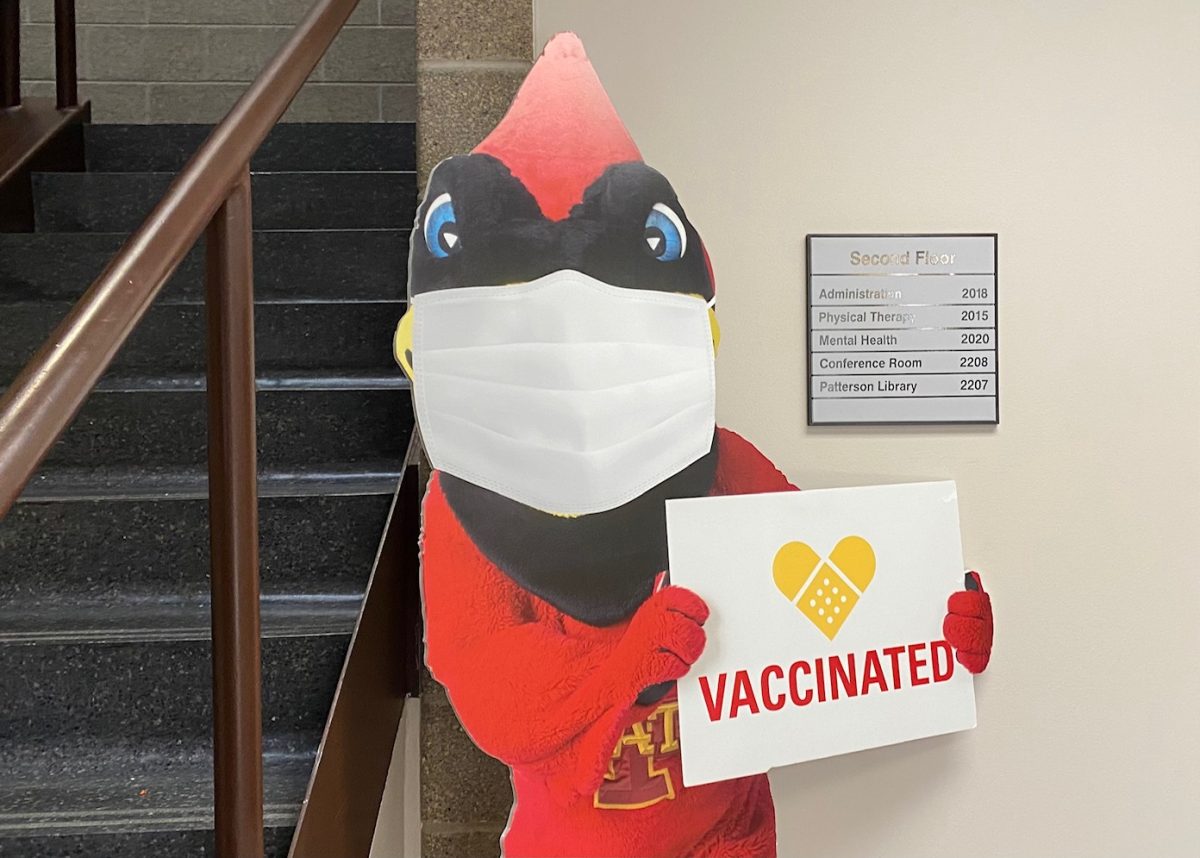State Department urges students to travel responsibly during break
March 11, 1999
With spring break right around the corner, the U.S. Department of State is alerting students to keep their guard up and act responsibly to avoid nightmare vacations.
According to the department, each year, nearly 2,500 U.S. citizens are arrested while traveling abroad, half of which are drug-related. Vacations also are fouled up by excessive alcohol use and disorderly behavior.
Those winding up in trouble often assume that authorities will be more lax than at home. Also, many people don’t realize that what may be legal in one country may not be legal in another.
Barbara Buchholz, AAA communications manager for Iowa and Minnesota, said people should be extra careful while in an unfamiliar territory.
“While on trips, people tend to take more chances than they normally do,” Buchholz said.
Proper planning is essential to having a safe trip, she said.
“It’s a good idea to find out where you’re going on a map before you leave so you know how you’re getting somewhere, and check to make sure your car is in good driving condition as well,” Buchholz said. “One thing people want to avoid is getting stuck on the side of the road or having to pull off to ask directions.”
Once travelers have arrived at their destination, the best way to prevent becoming a target of crime is to blend in by not acting suspicious, Buchholz said.
“Leave expensive or expensive-looking jewelry at home and don’t leave maps on the dashboard or baggage in the back seat so as not to give the impression of being a tourist,” she said. “Criminals may try to break into a car that gives such an impression, thinking there may be an expensive camera or some other article of value in the car.”
Carrying traveler’s checks rather than large sums of cash also is a good safety measure, she said.
When traveling during spring break, people also should leave identification such as a social security card and credit cards with a relative or friend who can be easily contacted in an emergency situation, Buchholz said.
Chris Swanson, program assistant of the ISU Study Abroad Center, said he wasn’t familiar with any major law-related incidents involving ISU students.
“Fortunately, there has never been an ISU student [studying abroad] who has gotten into major trouble while traveling abroad,” Swanson said.
Swanson said the best way to prepare for a trip to another country is to learn about the country’s laws and to be able to communicate using at least simple sentences in the language of the country.






